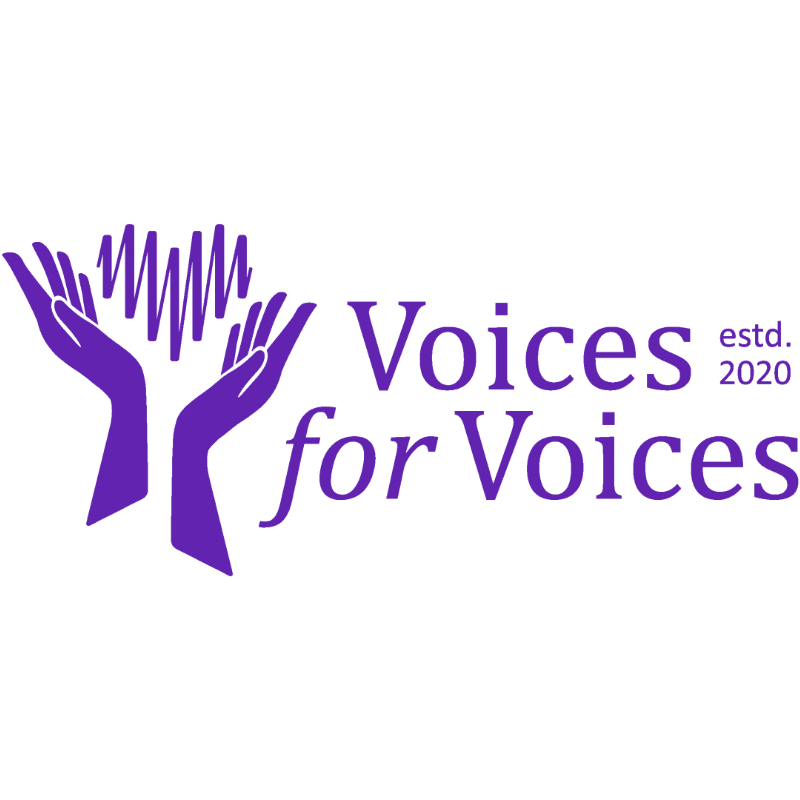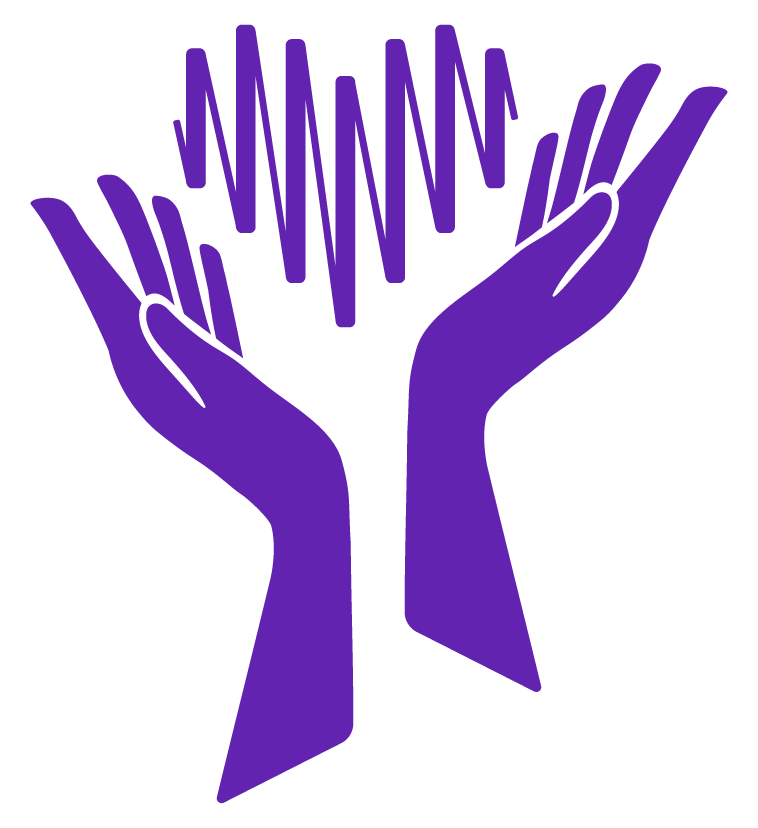Living with a Visual Disability, Anxiety, and Imposter Syndrome
Hello everyone, James Warnken here. As some of you may know, I have a visual impairment known as, “Genetic Retinal Dystrophy”. This essentially means that as I grew up, my vision got worse and will continue to get worse over time, potentially leading to total blindness. Whole life with a disability can be challenging, it also comes with some additional personal factors that I have had to deal with and overcome. Anxiety and imposter syndrome being the two major ones.
Throughout my highschool and college years, I hid my disability as much as possible as I felt like it was not an important topic. I felt it would lead to some opinions about my abilities that were not fair or ture. As a result of this, I developed some anxieties around my vision and this led to feeling some imposter syndrome. Today, I want to share some things I have learned since graduating college. These lessons have helped me to overcome these additional factors and find peace, own who I truly am as a person and a professional, and live everyday feeling happy and less stressed.
First, imposter syndrome is the inability to believe that success is deserved. For me this came in the form of not feeling qualified enough for certain opportunities in my professional life. After a year of mentorship, I learned to understand my unique abilities that differentiate me from the others in my field. Once I understood this, my entire personality shifted to be more confident and direct. Less than two years ago, I would not even bring up my disability in conversations, and now it is one of the first things I share when introducing myself. I learned that having a disability and being able to do the work just as good as everyone else, if not better, was a cherry on top. Many people are initially surprised when I share this, but once they see me work, they are motivated, inspired, and excited to push themselves.
Next let's discuss the anxiety aspect. I still deal with this every day, but it is a work in progress. From not being able to drive and having to arrange transportation to and from meetings, to having to share my screen while magnified at 300% and sitting close to the screen. I am sure you can imagine how uncomfortable these situations can be and I often find myself feeling less independent, helpless, and not in control of my own life. Recently, I have been booking more virtual meetings to reduce the issue of transportation, not turning my camera on and explaining I am not comfortable doing so, and a whole host of small changes that have significantly reduced my anxieties. Finding alternative solutions isn’t always easy or the most ideal, but at the end of the day, it allows me to be successful in my work and not let the factors, out of my control, hold me back.
My message to anyone with anxiety is this:
You are not alone and it is okay to share your thoughts, feelings, and preferences with others.
If the situation causes anxiety, explore the alternatives and give them a shot.
If you are feeling like you’re not good enough, you are. You’re just being your own worst critic.
Do not be afraid to speak up, most people will respect you for it and be willing to work with you.
Practice talking about yourself in a positive manner, even though the situation and scenario might not be ideal.
In doing these five things, my life has changed for the better in just shy of a year and a half. I went from hiding my disability, refusing to ask for help, and feeling frustrated at the world to being open, confident, and owning who I am and what makes me unique from the crowd. I am not saying that if I can do it then anyone can, I am saying that with intentional efforts, less than ideal situations can become neutral and eventually beneficial. It’s not easy at first, but nothing is. It takes effort, determination, and drive to want better.



